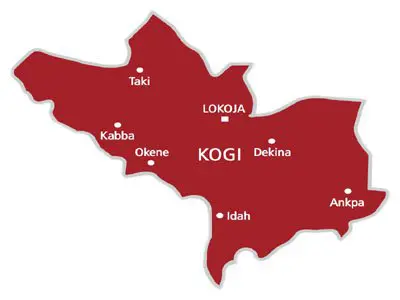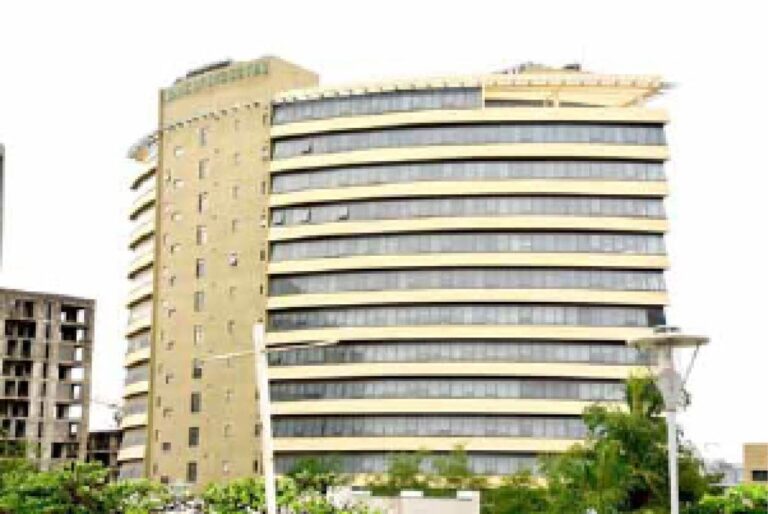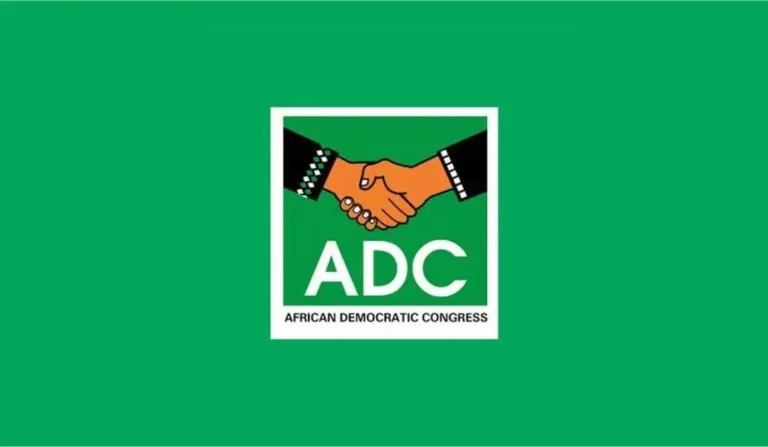
One year after the federal government declared that public institutions including hospitals and tertiary institutions would enjoy 50 percent subsidies on electricity, the promise is yet to be redeemed, Daily Trust reports.
While the Minister of Power, Adebayo Adelabu, was the first to announce the plan for electricity subsidy to universities and health institutions, the Minister of State for Health, Dr. Tunji Alausa, subsequently explained that the subsidy will be 50 percent payment.
Adelabu, who made the disclosure during a programme broadcast on various radio stations in Ibadan, Oyo State, went further to say that the government would not extend the subsidy to private businesses operating within these universities and hospitals.
While reacting, he acknowledged that the government is aware of the difficulties universities and hospitals are facing in managing these increased costs.
“We know they are development institutions, they are social institutions. However, inside health and educational institutions, private businesses are hiding. These people charge their customers commercially and they expect to be subsidised because they are located within the territories of these institutions.
“We said no, go and do a proper search and meter everybody. For the ones that are properly health and education-related, we are ready to subsidise them, even if they are on Band A. We are compiling our data, DisCos will collect a certain amount and the government will pay the balance. But we must get the data right so that we are not subsidising a private business that is charging its customers commercially. That will be an abnormal profit and it is unfair,” he stated.
On his part, Alausa declared that the government approved a 50% electricity subsidy for all public hospitals and public tertiary institutions; including universities, polytechnics, and colleges of education across the country.
According to the health minister, “President Bola Ahmed Tinubu has magnanimously approved 50 percent electricity subsidy to all public hospitals and education system; universities, polytechnic and colleges of educations. It has been approved.
“The process of implementation is being developed by the Honourable Minister of Energy. Very soon, hospitals and public education systems will be enjoying significant reductions in the prices they are paying currently for their energy tariff.
Bolaji Tunji, media aide to Adelabu later clarified that the subsidy for tertiary educational institutions may only apply to 37 federal universities and seven teaching hospitals affiliated with some of them.
“What the honourable minister of power said was there would be a subsidy and could be as much as that or lower,” Tunji said. “So, if the honourable minister of health said so, then further clarification must be sought.”
He said the initiative will be part of the federal government’s Energizing Education Programme (EEP) and will only cover the essential services of the institutions.
“The EEP is an initiative of the Federal Government of Nigeria being implemented by the Rural Electrification Agency, an agency of the Ministry of Power, which seeks to provide off-grid, dedicated and independent power plants, as well as rehabilitation of existing distribution infrastructure, to supply clean and reliable power to 37 federal universities and seven affiliated university teaching hospitals,” he said.
Since then, only seven of the institutions mentioned have gotten the solar electrification. These include University of Maiduguri and its teaching hospital in Borno State which got 12 megawatts of solar power and followed by the University of Calabar and the Teaching Hospital, Cross River, with 7 megawatts.
Others include the Michael Okpara University of Agriculture, Abia State (3MW); Federal University of Agriculture, Abeokuta, Ogun State (3MW); University of Abuja (3MW); Nigerian Defence Academy, Kaduna (2.5MW); and the Federal University Gashua, Yobe (1.5MW).
Varsities, teaching hospitals disconnected over debt
It would be recalled that the announcement for the disconnection of varsities coincided with the removal of subsidy payments for Band A electricity customers who saw their tariff rise by over 200 percent from N65 per kilowatt hour to N209 per kilowatt hour.
The situation led to some health centres and tertiary institutions to be disconnected from the national grid for months by the electricity distribution companies serving them due to huge debt accruals.
For instance, the University of Ibadan College Hospital was disconnected over N400m debt by the Ibadan Electricity Distribution Company (IBEDC) in November while the Aliko Dangote University of Science and Technology, Wudil, Kano State, was thrown into darkness in July 2024, after the Kano Electricity Distribution Company (KEDCO) disconnected the university over N248m debt.
Also, the Jos Electricity Distribution Company disconnected the University of Jos from the national grid in May 2024 over debts amounting to N126m. The same measure was meted to the University of Benin by the Benin Electricity Distribution Company (BEDC) in July 2024 over N300m unpaid electricity debt.
The Eko Electricity Distribution Company (EKEDC) in August disconnected power supply to the University of Lagos (UNILAG) over N1bn of unpaid bills.
Also, the Ahmadu Bello University, Zaria experienced a four weeks blackout in 2023 over its failure to pay N931m debt owed to the Kaduna Electricity Distribution Company, forcing suspension of academic activities.
The troubling situation made the Secretary to the Committee of Vice Chancellors of Nigerian Universities (CVCNU), Prof. Yakubu Ochefu, to warn that the apathy of the federal government on the plight of the universities could result to 52 federal universities to collapse and jeopardise the education of millions of Nigerian youths.
The CVCNU in its recommendation urged the government to move universities from Band A to a discretionary band with lower tariffs for educational establishments, stating that that would allow universities to pay rates closer to what they previously paid, or only slightly higher, rather than the unsustainable commercial rates currently imposed.
FG playing to the gallery
Speaking with Daily Trust, the President of Nigeria Consumer Protection Network, Kunle Olubiyo, said the subsidy announcement is a political statement and the government is playing to the gallery.
He said they made statements to get emotional support as most public offices were occupied by members of political parties.
He added that in reality, government has a lot of deficits to pay with no funding, resulting to market shortfall and tariff shortfall.
“When the government is committed to subsidy, it does not have the capacity to pay. There are lot overhead capital that it is unable to do because we have revenue shortfall.
“But if you are giving subsidy to hospital or whatever, most subsidies are not transparent. You can see an example in the subsidy for the petroleum sector. The solution is to get renewable energy or off-grid solar.
“The federal government can invest and work out business plans. A teaching hospital, if I go there, I don’t go there for free. If I go to a young general hospital, the amount of money they are even charging is as close as private hospitals.”
Also, the National Coordinator of All Electricity Consumers Protection Forum, Adeola Samuel-Ilori, said the government did not have any plan to subsidise electricity in these institutions, saying the minister only made a political statement.
According to him, his interactions with some officials of the government showed that such a plan was never approved by the Federal Executive Council.
“It’s unfortunate that there’s nothing like a subsidy in place by this government. It’s a mere political or exciting statement from the minister.
“I make bold to say that there was never any plan in place to do such. My interactions with the NERC hierarchy gave me an insight into this as I took them up at a time over the implementation of such, and the response I received was the above statement, as they too are not aware that the government made such a policy statement. How would any implementation be expected?” he asked.
Samuel-Ilori’s statement indicated that the government might not have approved the plan before the minister announced it last year in Ibadan during a radio programme.
On his part, a power sector analyst, Lanre Elatuyi, said the government had intervened in the sector through the REA.
Eight varsities sign agreement with REA
Meanwhile, eight universities recently signed a Memorandum of Understanding (MoU) with the Rural Electrification Agency (REA) under the Federal Government’s Energising Education Programme (EEP) to provide 24-hour electricity on campuses.
The signing ceremony took place at the solar-powered mini-grid site of the University of Abuja, one of the beneficiaries of the transformative initiative
The agreement between the REA and eight new universities was under Phase IV of the EEP.
They include: University of Lagos (UNILAG); Obafemi Awolowo University (OAU); University of Nigeria, Nsukka (UNN); Federal University, Wukari; Ahmadu Bello University, Zaria; Federal University, Dutse; University of Benin (UNIBEN), and the University of Ibadan (UI).
DAILY TRUST.




